POLITICS
NDC Government Defends Peace Enforcement Strategy to End Bawku Crisis
Published
6 months agoon
By
Adubianews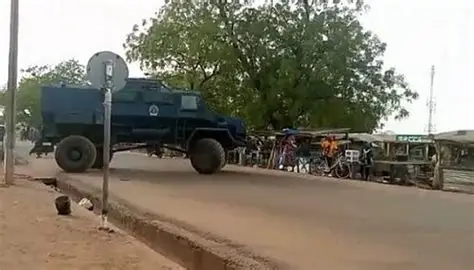
The NDC-led government has officially announced a decisive shift in its approach to the persistent violence in Bawku, Upper East Region, moving from peacekeeping to full-scale peace enforcement. This move, according to officials, is a necessary and urgent response to a worsening security situation that has claimed over 260 lives and displaced thousands since 2021.
In a statement released on Sunday, July 27, the government made it clear that the Ghana Armed Forces have been deployed under new operational directives. “The Ghana Armed Forces have been deployed to maintain law and order, as we intensify curfews to ensure public safety,” the statement read. It further emphasized that “the government is taking all necessary measures to protect lives and property in the affected areas.”
For the NDC administration, led by President John Dramani Mahama, this strategy is not just about security—it’s about restoring dignity to a region ravaged by decades of unresolved chieftaincy tensions, land disputes, and political manipulation. The government acknowledges that previous peacekeeping efforts brought only temporary relief and believes the time has come for firm, lawful action to restore stability.
A senior NDC official, who spoke on condition of anonymity, explained: “This government has a sacred duty to protect every Ghanaian. The Bawku situation has escalated to a point where the state cannot sit back. Peace enforcement is not about oppression; it is about protecting the innocent, restoring normalcy, and ensuring the future of the region.”
The administration has reaffirmed its confidence in traditional leadership and credited the Otumfuo, Nayiri, and Zugraana for their prior efforts toward mediation. It regretted that “recent killings sabotaged the near-final resolution led by the Otumfuo,” and stated that “drastic measures are now required to preserve the greater good.”
Bawku’s prolonged unrest has had devastating consequences: more than 30,000 people displaced in 2024 alone, schools shut down, hospitals struggling to operate, and millions of cedis lost due to looted markets and disrupted trade routes. The NDC government says peace enforcement is the only viable path to protect the vulnerable and rebuild Bawku.
Local voices echo this desperation. “We just want to sleep at night without fear. My children deserve to go to school without hearing gunshots,” said Fatima Mahama, a displaced mother of three. A respected elder added: “We welcome any action that genuinely brings lasting peace and allows our people to live without fear.”
Constitutionally, the Mahama-led government’s actions are backed by Article 210(3) and Article 37(1) of Ghana’s 1992 Constitution, which empower the President to deploy the military in the interest of national security and peace. While critics have raised human rights concerns, the government insists it is committed to transparency and accountability in the conduct of operations.
The administration also recognizes the political sensitivity of the situation. Opponents within the New Patriotic Party (NPP) have called for vigilance and restraint. Still, the NDC maintains that its actions are rooted in national interest, not political gain. The party insists that genuine peace in Bawku will be one of its most significant legacies.
“We are not choosing sides. We are choosing Ghana. We are choosing peace. And we are doing so with full awareness of the sacrifices involved,” another NDC insider remarked.
While the international community watches closely, the government assures development partners that human rights will not be compromised. In fact, the presence of the military is meant to enable humanitarian access, facilitate the return of displaced families, and allow schools and clinics to function again.
President Mahama’s government is calling on all stakeholders—traditional authorities, civil society, political parties, and citizens- to support this initiative. The ultimate goal is not just to silence guns but to build sustainable peace rooted in justice, reconciliation, and inclusive development.
“Government urges all parties to refrain from violence and support the peace process. Residents are advised to fully cooperate with the Ghana Armed Forces to ensure peace,” the official statement concluded.
You may like
-
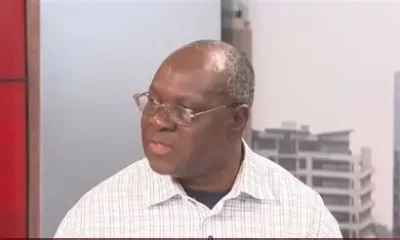

Arthur Kennedy Warns NDC Over Six-Month Resignation Rule for Aspirants
-


NPP Faces Certain Defeat in 2028 Regardless of Candidate – NDC MP Kyere-Duah
-
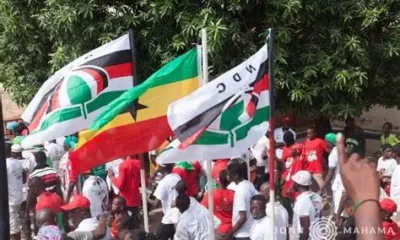

NDC Succession Race Tightens as No Clear Mahama Successor Emerges — Poll
-
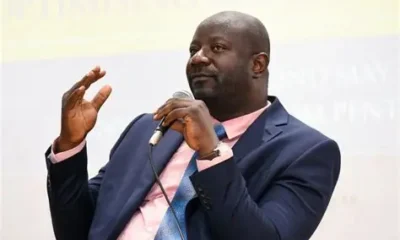

Job Losses Worsening Under NDC — Dr Adomako Kissi
-


Otumfuo Leads Final Bid to End the Bawku Conflict as Historic Mediation Nears Climax
-
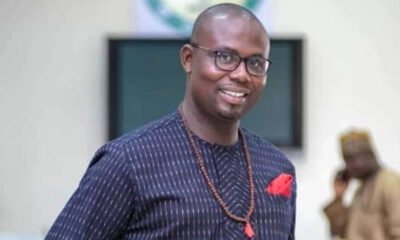

MP David Vondee Urges Support for NDC as New Development Projects Begin in Twifo-Atti-Morkwa
-
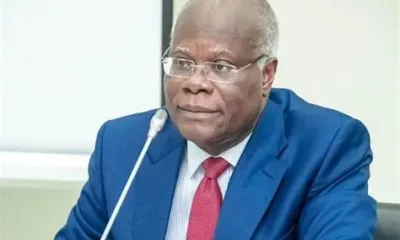

Former MP, K.T. Hammond Says NDC Cannot Fix Economy in Just 10 Months
-
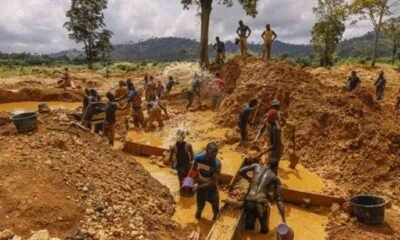

NPP Undermining Government’s Fight Against Galamsey – NDC Volta Youth Organiser
-
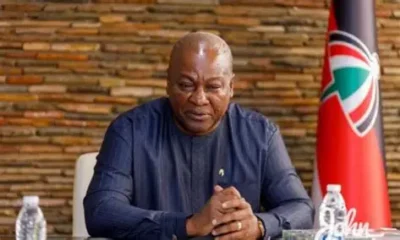

NDC Criticized For $10 Billion Borrowing In Nine Months

























